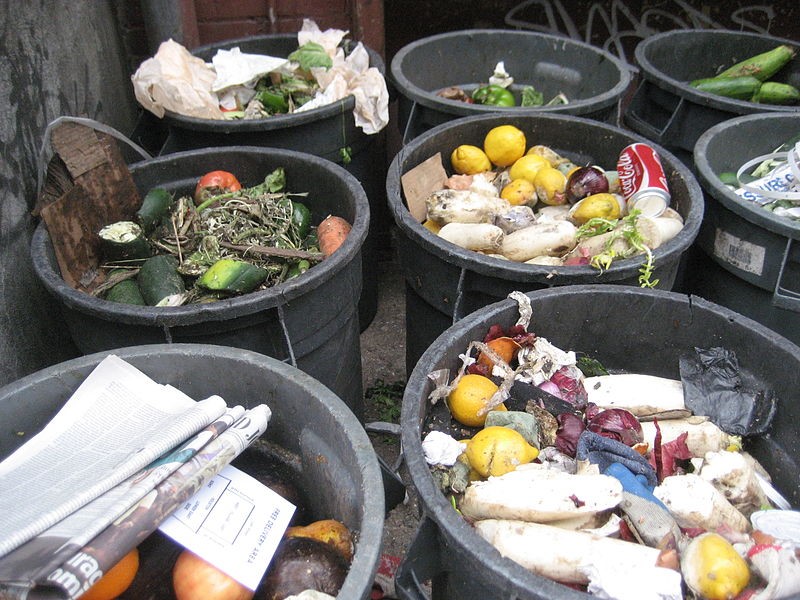It’s so easy to throw away food which in turn leads to food waste. You don’t eat something in time, so you have to toss it. Or perhaps you only have a small amount of a meal left, and it’s not enough to make a whole serving. Maybe you just need to make room in your kitchen for your new groceries. But food wastage is a problem that needs to be addressed. We all contribute to it, so it’s our responsibility to fix it.
Reduce food waste by these tips…
Eating a healthy diet doesn’t mean you won’t ever waste food. If you find yourself throwing out soggy carrots or wilted lettuce, use this tips to change things.
Have a leftovers night
It’s so annoying when you have a little bit of a dish left. It’s not enough to feed the family again, and maybe isn’t even a whole portion. But instead of throwing it away, why not keep it? Put it in the fridge or freeze it to keep it going. You can collect your leftovers and then heat them all up at the end of the week. Everyone can help themselves to whatever you have, and you can add some extras to the table to bulk it out.
Rescue sad produce
If a vegetable has a bruised bit, is the whole thing ruined? What if a block of cheese is a bit dry at the edge, but the rest is fine? There’s no need to throw something out when it’s just starting to turn bad. Of course, there are some things that you should risk, such as meat. But if you have a bag of carrots going a bit wet, why not just cut off the bad bit?
Preserve your food
Making your food last longer by preserving it will help you stop waste. One of the things you can do is put things in vacuum sealer bags. Removing the air from the packaging will prevent things from going bad for longer. You can also freeze pretty much anything. If you find that you only use a small amount of fresh herbs, why not cut up the rest and freeze it portions in an icecube tray?
Buy smartly
Using your brain while you shop is an essential part of reducing food waste. It starts with planning before you go to the store. Make a plan for what you’re going to eat that week, including snacks. When you get to the store, stick to your plan! If you have a hard time doing that, consider shopping online instead. You might find it easier to avoid all the special offers, which are often just a waste of money.
Learn about expiration dates
It’s important to know what you’re looking at when you read the dates on produce. Too many people throw out perfectly good food because they think it’s no longer edible. Some dates are just guidelines to follow. For example, if your milk looks, smells and tastes fine, it should still be drinkable. Expiration dates help to tell you how fresh your food is, not when it becomes unsafe.
You can reduce food waste in your home if you’re willing to change your habits. You’ll be helping the environment and saving money.


